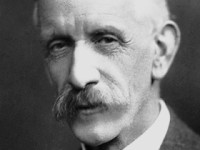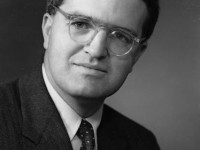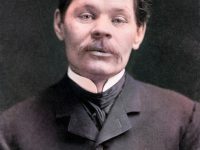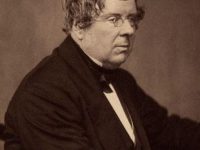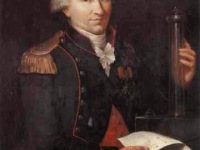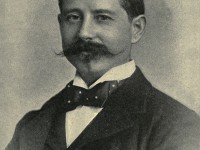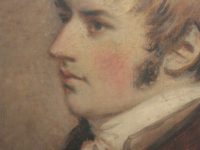Sir Frederick Gowland Hopkins and the Discovery of Vitamins
On June 20, 1861, English biochemist and Nobel Laureate Sir Frederick Gowland Hopkins was born. He is best known for the discovery of essential nutrient factors, now known as vitamins, needed in animal diets to maintain health. He also discovered the amino acid tryptophan, in 1901. “A cell has a history; its structure is inherited, it grows, divides, and, as in the embryo of higher animals, the products of division differentiate on complex…
Read more

